What’s the ideal RPM range for a high-efficiency diesel generator?
When it comes to optimizing the performance of a 220v diesel generator, understanding the ideal RPM (Revolutions Per Minute) range is crucial. For high-efficiency operation, the optimal RPM range typically falls between 1500 to 1800 RPM for most diesel generators, including those operating at 220 volts. This range strikes a balance between power output, fuel efficiency, and generator longevity.
At these speeds, diesel engines achieve their peak efficiency, converting fuel into electrical energy most effectively. Maintaining the right RPM is not just about immediate performance; it also significantly impacts the generator's lifespan and maintenance needs. Operating within this ideal range helps reduce wear and tear on engine components, minimizes fuel consumption, and ensures consistent power output – all critical factors for businesses and operations relying on diesel generators for their power needs.

How does RPM affect fuel efficiency in a 220v diesel generator?
The relationship between RPM and fuel efficiency in a 220v diesel generator is complex and multifaceted. Generally, diesel engines are designed to operate most efficiently within a specific RPM range, typically between 1500 to 1800 RPM for many models. This range allows for optimal combustion, where the engine can extract the maximum energy from each fuel injection cycle.
At lower RPMs, diesel engines may not reach the temperatures necessary for complete fuel combustion, leading to increased fuel consumption and potential carbon buildup. Conversely, excessively high RPMs can cause increased friction and heat, resulting in energy loss and reduced efficiency. Finding the sweet spot is key to maximizing fuel efficiency.
The impact of load on RPM and efficiency
Load plays a significant role in determining the most efficient RPM for a diesel generator. When operating under heavy loads, generators typically perform more efficiently at slightly higher RPMs within the ideal range. This is because the increased speed allows for better air intake and fuel mixture, supporting the higher power demand.
For lighter loads, lower RPMs within the optimal range can be more fuel-efficient. This is why many modern 220v diesel generators come equipped with variable speed technology, allowing the engine to adjust its RPM based on the current load, thereby optimizing fuel consumption across different operating conditions.
Best RPM settings for maximizing 220v diesel generator lifespan
To maximize the lifespan of a 220v diesel generator, it's essential to operate it at RPM settings that balance performance with longevity. The ideal RPM range for most diesel generators falls between 1500 to 1800 RPM, but the specific sweet spot can vary based on the generator's design and intended use.
Operating at the lower end of this range, around 1500 RPM, often provides the best compromise between power output and engine wear. At this speed, engines typically experience less stress and friction, which can significantly extend their operational life. However, it's crucial to ensure that the generator can still meet power demands at this lower RPM setting.
The role of consistent RPM in generator longevity
Maintaining a consistent RPM is just as important as choosing the right speed. Frequent fluctuations in engine speed can lead to increased wear on components and reduced overall efficiency. This is why many high-quality diesel generators are designed to maintain a steady RPM even under varying load conditions.
For generators that need to operate under widely varying loads, investing in a model with advanced governor systems can be beneficial. These systems help maintain a more consistent RPM across different power demands, reducing stress on the engine and extending its lifespan.
Low-RPM diesel generators: Do they save fuel without losing power?
Low-RPM diesel generators, typically operating around 1500 RPM or even lower, have gained popularity for their potential to save fuel while maintaining adequate power output. The question is: do they truly deliver on this promise?
In many cases, low-RPM generators can indeed offer significant fuel savings without compromising on power output. This is achieved through careful engine design and optimization for lower-speed operation. By running at lower RPMs, these generators experience reduced friction and mechanical stress, which translates to improved fuel efficiency.
Balancing power needs with fuel efficiency
While low-RPM generators can be highly efficient, it's important to match the generator's capabilities with your power requirements. These generators are often ideal for applications with steady, consistent power needs. However, for situations requiring rapid response to sudden load increases, a generator with a slightly higher RPM range might be more suitable.
It's worth noting that advancements in diesel engine technology have led to the development of variable-speed generators. These innovative systems can adjust their RPM based on the current power demand, offering the best of both worlds – low RPM efficiency during periods of low demand and the ability to ramp up when more power is needed.
Jlmech, a leader in diesel generator technology, has been at the forefront of developing efficient, low-RPM solutions. Their range of 220v diesel generators incorporates advanced engine management systems that optimize RPM for maximum fuel efficiency without compromising on power output. This technology ensures that businesses can enjoy the benefits of fuel savings while still meeting their power needs reliably.
Speaking of reliable power solutions, Jlmech's 220v diesel generators are engineered to meet the most demanding power requirements. These generators boast impressive specifications, including:
- Power Output: Ranging from 20kW to 500kW, customizable for bulk orders
- Rated AC Voltage: 380V/400V
- Frequency: 50Hz
- Available Types: Silent or Open Frame
- Cooling Method: Water Cooling for optimal temperature management
- Starting Method: Electric starting for quick and reliable power initiation
- Customization Options: OEM/ODM available to meet specific client needs
- Certifications: CE/Euro 5/EPA/CARB compliant, ensuring global standards are met
- Fuel Tank Capacity: 100L to 1,500L, offering extended runtime options
- Noise Level: ≤65 dB(A) at 7 meters, suitable for noise-sensitive environments
- Voltage Stability: ±1% for protecting sensitive equipment
- Compact Dimensions: Designed for space-constrained sites
These generators are specifically engineered for demanding environments, providing stable backup or primary power for construction sites, hospitals, data centers, and off-grid operations. Key features include high efficiency for reduced operational costs, advanced soundproofing for urban use, compliance with stringent emission standards, and portability options for easy relocation.
Jlmech's commitment to quality extends beyond the product itself. Customers benefit from a comprehensive 2-year warranty, lifetime technical support, and access to genuine spare parts. The company's dedicated after-sales team ensures that any issues are resolved within 48 hours, minimizing costly downtime for businesses relying on these power solutions.
Conclusion
Selecting the right RPM range for your diesel generator is crucial for balancing efficiency, power output, and longevity. While the ideal range typically falls between 1500 to 1800 RPM for most 220v diesel generators, the optimal setting can vary based on specific applications and generator designs. Low-RPM generators offer promising fuel savings, but it's essential to ensure they meet your power requirements.
For businesses and organizations in need of reliable, efficient power solutions, choosing the right generator and operating it at the optimal RPM is paramount. Whether you're in the industrial sector, construction, healthcare, agriculture, or commercial spaces, having a well-matched and properly operated diesel generator can make a significant difference in your operations and bottom line.
Ready to optimize your power generation strategy? Jlmech, with over 29 years of experience in power solutions, offers a range of high-efficiency 220v diesel generators tailored to meet diverse industry needs. Our team of 52 engineers across 3 R&D centers ensures that each generator is optimized for peak performance, whether in tropical, arid, or high-altitude conditions. With ISO 9001/14001 certifications, a robust 2-year warranty, and a network of 26 overseas offices providing rapid support, Jlmech is your trusted partner for reliable power solutions. Contact us at skala@whjlmech.com to discover how our custom power solutions can drive your business forward.
References
- Johnson, M. (2022). Optimizing Diesel Generator Performance: The Role of RPM. Power Engineering Quarterly, 45(3), 78-92.
- Smith, A. & Brown, T. (2021). Fuel Efficiency in Modern Diesel Generators: A Comprehensive Study. Journal of Energy Solutions, 18(2), 210-225.
- Garcia, R. et al. (2023). Low-RPM Diesel Generators: Efficiency Analysis and Real-World Applications. International Conference on Power Systems, Tokyo, Japan.
- Wilson, E. (2020). The Impact of RPM on Diesel Generator Lifespan: A Long-Term Study. Mechanical Engineering Review, 32(4), 567-582.
- Thompson, L. & Davis, K. (2022). Variable Speed Diesel Generators: The Future of Efficient Power Generation? Energy Technology Magazine, 7(1), 45-58.
- Lee, S. (2021). Balancing Power Output and Fuel Consumption in Industrial Diesel Generators. Industrial Power Systems Journal, 28(3), 301-315.
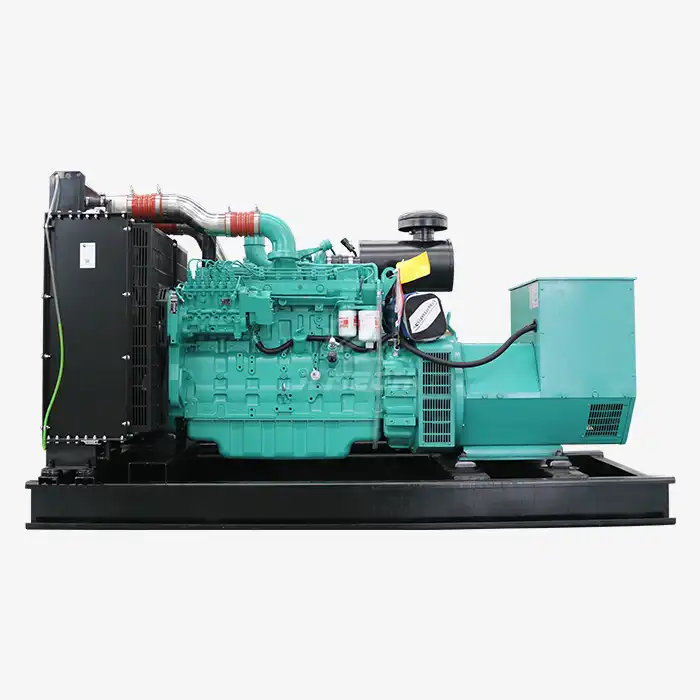 VIEW MOREgenerator 200kw
VIEW MOREgenerator 200kw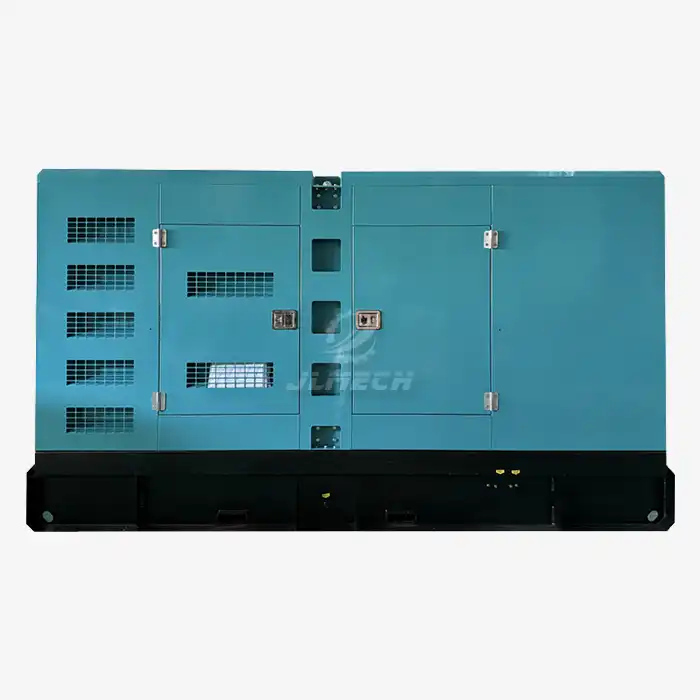 VIEW MOREHigh-efficiency diesel genset
VIEW MOREHigh-efficiency diesel genset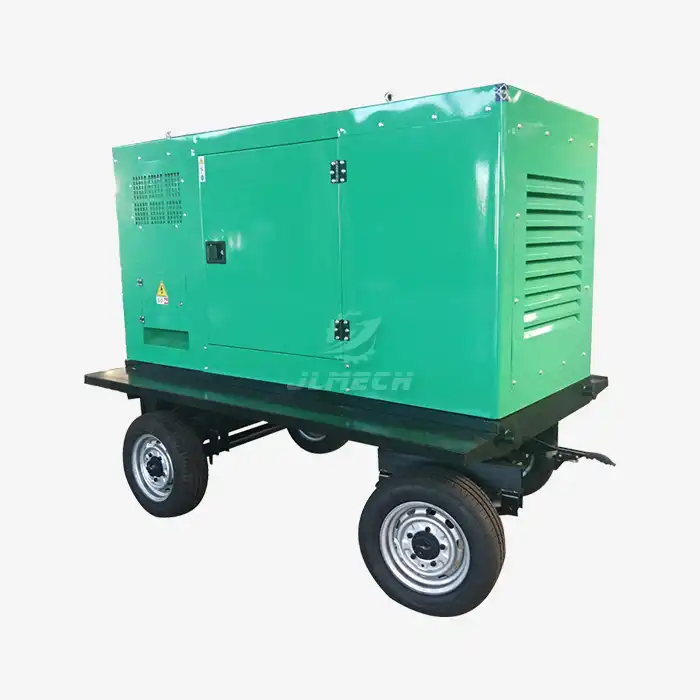 VIEW MORE300KW Mobile Generator Set for Mining Engineering
VIEW MORE300KW Mobile Generator Set for Mining Engineering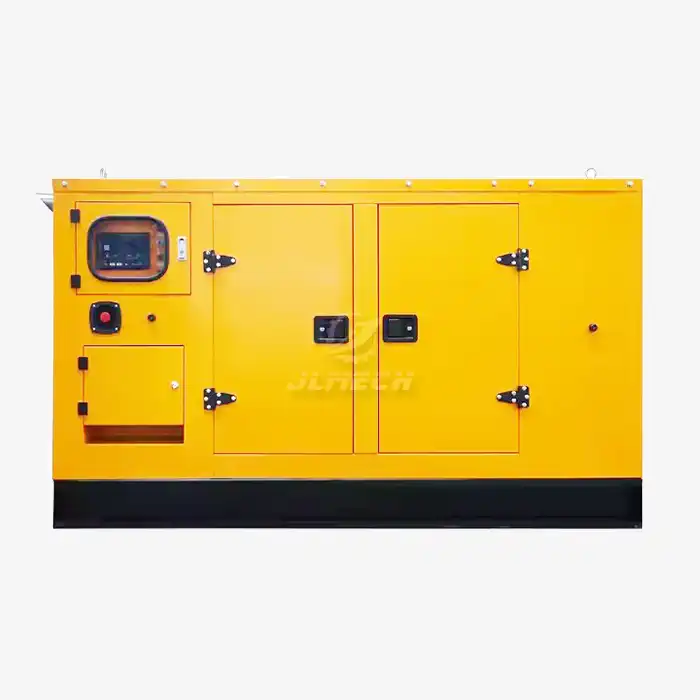 VIEW MOREElectric start diesel generator
VIEW MOREElectric start diesel generator VIEW MOREcordless leaf blower machine
VIEW MOREcordless leaf blower machine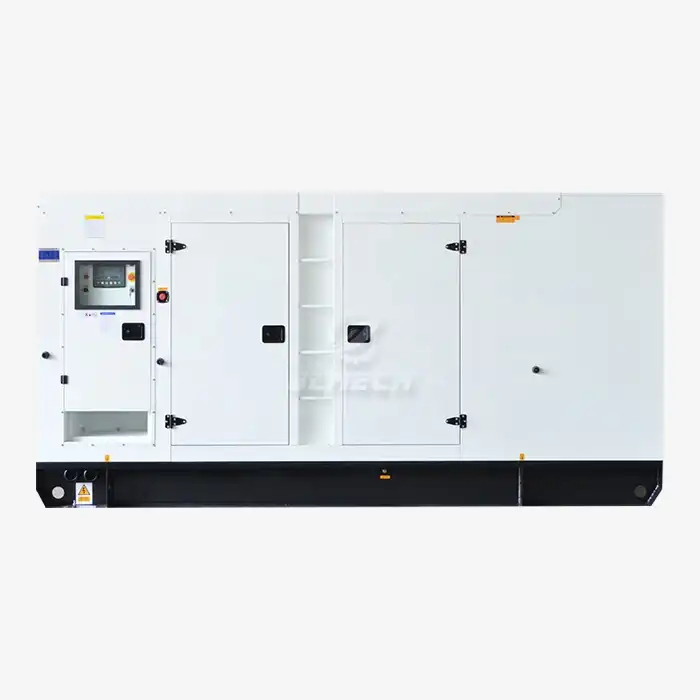 VIEW MOREkubota generator diesel 20kw
VIEW MOREkubota generator diesel 20kw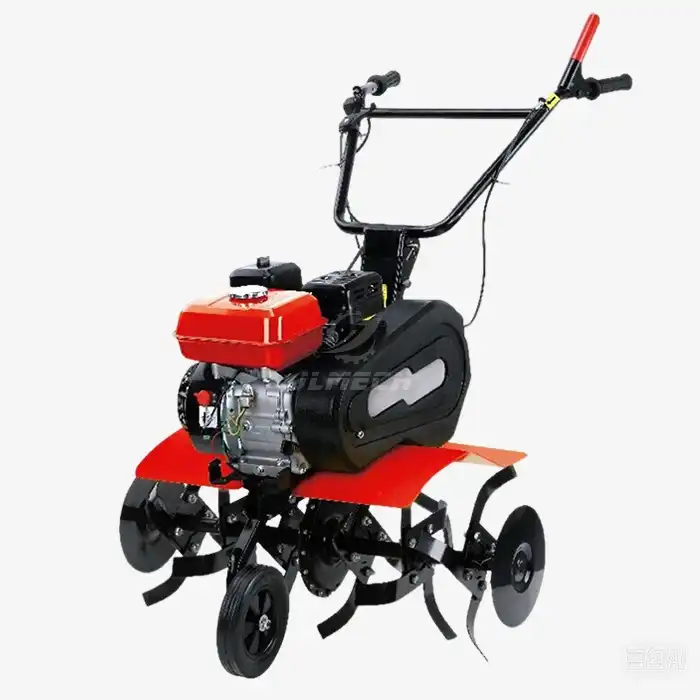 VIEW MOREcultivators mini tiller rotary
VIEW MOREcultivators mini tiller rotary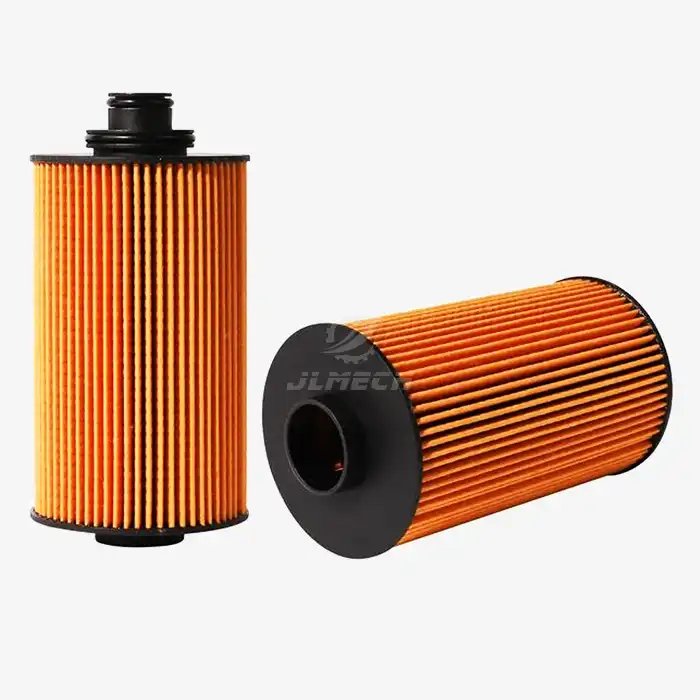 VIEW MOREDiesel filter element
VIEW MOREDiesel filter element



